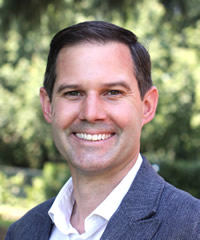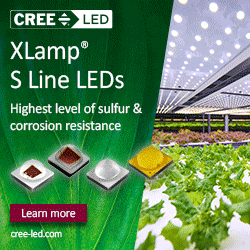Making what you need with what you have
Cell phones, televisions, computers, radios. These items are considered appropriate technologies here in the United States. But what about rainwater harvesting systems, air wells, fuel efficient cookstoves, sausage biogas digesters, or shallow wells with lined walls and covers? Also appropriate technologies, but not necessarily in the U.S. These items would be considered appropriate technologies in many vulnerable and developing parts of the world. Areas where ECHO, a leading non-profit advocate for sustainable agriculture, food, and livelihoods security, is making inroads in helping families gain access to clean food, water, energy, shelter and more.
So, what is appropriate technology and why is it important to the work ECHO is doing?
Appropriate technology refers to technology suitable for the environmental, cultural and economic context in which it is used. For ECHO, this means developing and disseminating tools and techniques that are affordable, locally sourced, and simple to maintain. This ensures that farmers in resource-limited settings can adopt and benefit from these technologies without needing extensive or ongoing external support.
For instance, ECHO promotes the use of low-cost solar dryers to preserve food and improve nutrition. A lot of food grown in developing countries never makes it into people’s stomachs. Without refrigeration, it rots during transport or when farmers fail to sell it immediately at markets.
Another example is the earthbag seed bank, which is a stable storage structure for storing seeds when there is no electricity. It demonstrates a method for controlling daily temperature and humidity fluctuations that does not rely on air conditioners and electricity. Capable of limiting interior daily temperature fluctuations to one to two degrees, this inexpensive local seed bank can maintain seed viability for the next season and years to come!
Using appropriate technology when it comes to accessing affordable and easy-to-maintain agriculture equipment to repair degraded soils and boost crop production is also part of ECHO’s mission.
ECHO East Africa has been developing, testing, and adjusting the no-till Maresha planter, which was adapted from an ancient Ethiopian plow, to arrive at a practical design for an ox-drawn no-till planter that can be affordably built from local materials while minimally disturbing the soil.
Appropriate technology meets real needs of people around the world. It touches so many aspects of daily life, from providing tools and techniques for building a structurally sound and efficient home to providing clean drinking water, to agricultural tools that enable a farmer to provide for her family and beyond. This innovative spirit can be seen all around the world through appropriate technologies.
ECHO exemplifies the effective use of appropriate technology to address agricultural challenges in developing countries. By focusing on low-cost, sustainable, and locally adaptable solutions, ECHO empowers small-scale farmers to improve their productivity and livelihoods. The organization's work not only alleviates hunger but also fosters resilience and sustainability in vulnerable communities worldwide.

Comments (0)
This post does not have any comments. Be the first to leave a comment below.
Featured Product

